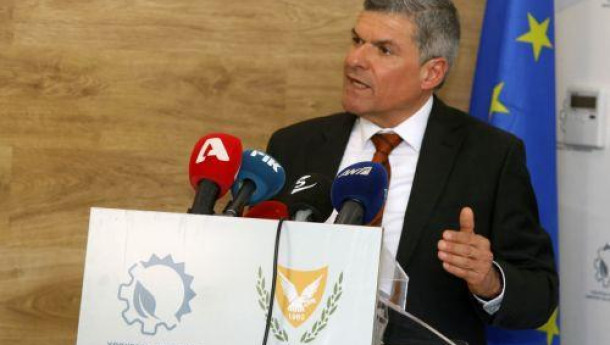
The government has set the reduction of electricity costs for households and businesses alike as a top priority, while working on enhancing the security of energy supply, expediting energy transition and to contribute to the EU’s efforts to diversify energy sources and route, Cyprus Minister of Energy George Papanastasiou has said.
Addressing the 5th Conference “Cyprus Talks Green” co-hosted by the Cyprus University of the Technology’s Sustainable Energy Institute and Ideopsis LT, Papanastasiou said that in this context both the Energy Ministry and other involved Ministries along with public and private entities are engaged in reviewing policies ahead of 2030 and 2050, including Cyprus’ national plan on energy and climate, taking into account the new geopolitical situation in the region and Cyprus’ unique nature as an island-state.
Papanastasiou also referred to the aim of developing a national strategy on Hydrogen aiming to facilitate its introduction of hydrogen in the island’s energy mix, noting that a study drafted with the assistance of the European Commission, suggests two scenaria on the introduction of hydrogen by 2030 and 2050.
According to Papanastasiou, the conservative scenario provides no introduction of hydrogen by 2030 whereas the “aggressive” scenario, is preconditioned on strong investments on infrastructure and rapid technological progress.
Hydrogen, he said could be introduced in the industries of cement, bricks and roof tiles after 2030 and by 2030 in lorries and busses and in shipping and aviation, thus covering a small portion of fuel demand and after 2050 hydrogen derivatives such as ammonia for shipping and e-kerosene for aviation, thus covering a large part of the fuel demand.
On her part, Dutch Ambassador to Cyprus Elke Merks-Schaapveld said her country has assisted in drafting the Cypriot national strategy, pointing out that the Netherlands has been active in bringing together experts and policy makers from all four corners of the globe by facilitating and hosting discussions that touch on the most challenging and but also forward looking aspects of breaking new technologies and strategies to the world markets.
Merks-Schaapveld said “we value greatly the fact that the Cypriot energy community and the wider Cypriot society is also looking up to The Netherlands, and is interested in further developing the relationship between the two countries in terms of sharing knowledge and technology.”
In this context, she expressed “our readiness to Minister Papanastasiou and the Cyprus government to continue building on this relationship”.
Noting that “there is no Plan B for our planet,” the Dutch diplomat stressed that “it is high time that we start joining forces, pulling our resources together and finding common solution in trying to alleviate climate change.”


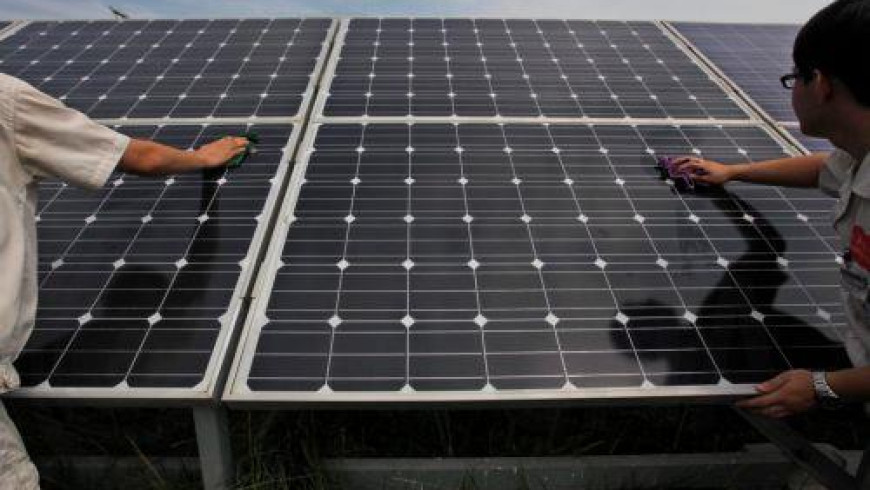

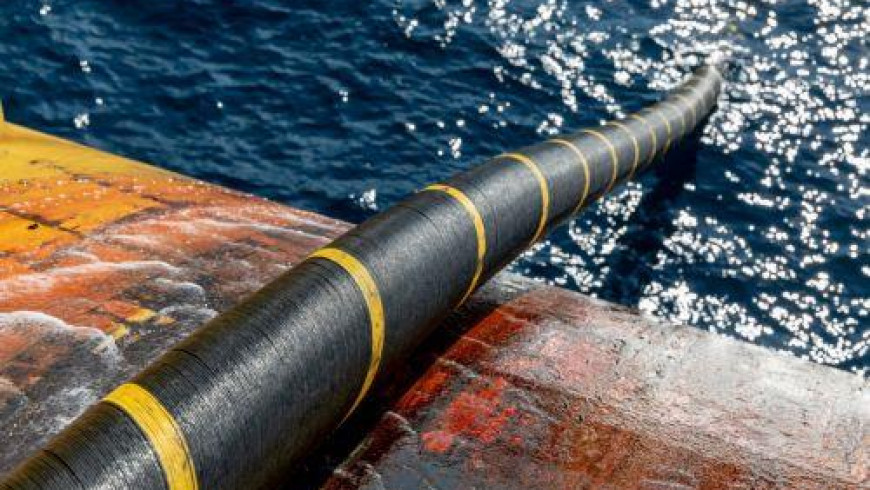
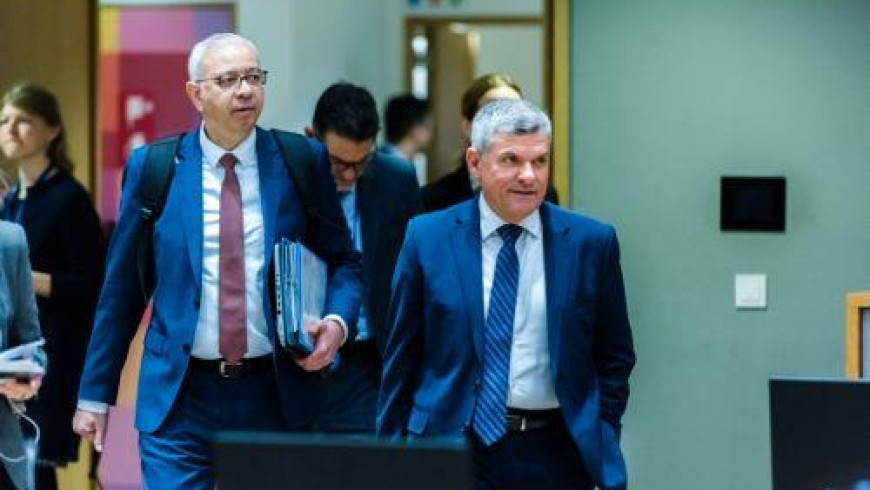
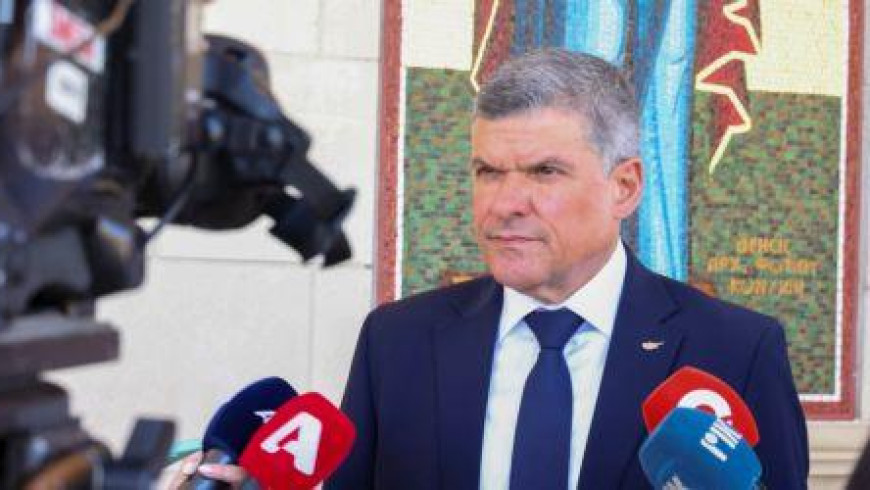
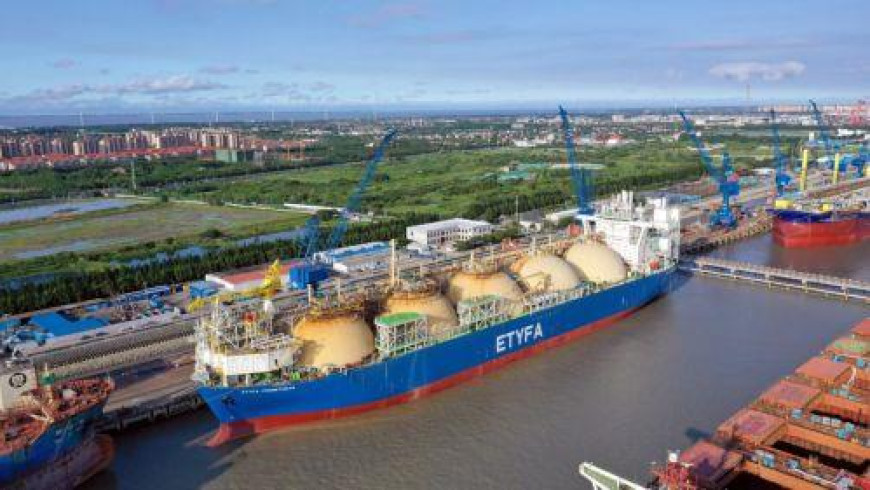
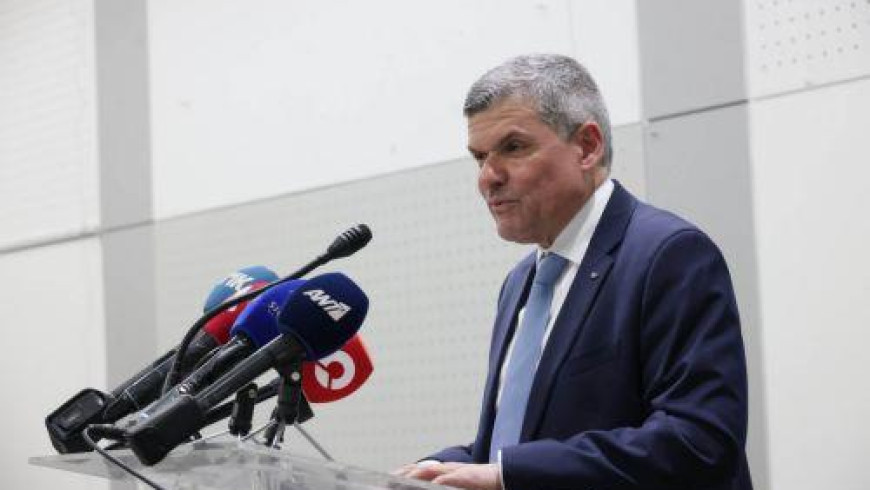




 3287.99
3287.99 1275.09
1275.09
